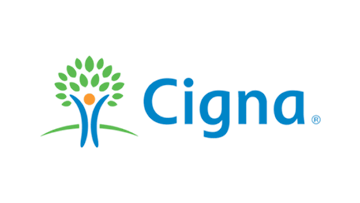
Addressing the Mental Health Crisis in Nampa Idaho
The mental health crisis in Nampa Idaho is a growing concern that demands immediate attention. As a community, understanding the underlying issues and implementing comprehensive strategies are pivotal in addressing this challenge effectively. Many factors contribute to the current state, including social, economic, and environmental impacts. Recognizing these dimensions helps us approach solutions with empathy and targeted interventions.
Personal Perspectives and Experiences
As professionals dedicated to supporting mental wellness, we often hear firsthand accounts of how mental health crises impact our clients. Hearing someone say they’ve felt unheard or invisible in their struggle is heart-wrenching, but it also fuels our commitment to change. Our client-centered approach ensures everyone feels valued and understood, which is critical in helping individuals overcome mental health challenges.
One particularly moving story involved a young adult who found himself overwhelmed by anxiety and depression. Through our tailored therapy sessions, he gradually learned to navigate these feelings, illustrating the impact personalized care can have. His journey is a testament to the resilience fostered through our comprehensive support systems.
The Role of Community Support
Community support plays a vital role in mitigating the mental health crisis in Nampa Idaho. It is crucial to create a network of allies, from family members to local organizations, who can offer assistance and encouragement. At Idaho Behavior, we actively collaborate with various community groups to strengthen this network, ensuring wide-reaching support for those in need.
Educational workshops and support groups are instrumental in building awareness and equipping individuals with the necessary skills to provide informal support. These initiatives not only empower community members but also reduce the stigma often associated with mental health, paving the way for more open and supportive interactions.
Evidence-Based Practices in Mental Health
Idaho Behavior is committed to implementing evidence-based practices to address the mental health crisis in Nampa Idaho. By leveraging the latest research and clinical guidelines, we ensure that our interventions are both effective and reliable. This approach allows us to tailor our services, such as cognitive-behavioral therapy and mindfulness training, to meet the unique needs of each individual.
Research consistently shows that evidence-based interventions lead to significant improvements in client outcomes. By focusing on proven strategies, we can confidently guide our clients toward achieving lasting positive change. Our continuous commitment to professional development ensures that our team remains at the forefront of advancements in mental health care.
Customized Support for Individuals and Families
Addressing the mental health crisis in Nampa Idaho requires a comprehensive approach that considers both individual and familial needs. At Idaho Behavior, we offer a range of services designed to support everyone involved in the healing process. From individual therapy sessions to family counseling, our programs are crafted to foster understanding and collaboration among loved ones.
One of our clients, a mother struggling to manage her child’s behavioral challenges, benefitted significantly from family counseling. Through open communication and shared goals, the family learned to work together, ultimately enhancing their overall dynamics. This experience underscores the value of including families in mental health intervention strategies.
Youth and Mental Health Challenges
Youth face unique mental health challenges, and addressing these early can prevent long-term issues. In Nampa Idaho, we see a rising need to support young people as they navigate complex emotions and societal pressures. Through school-based programs and community outreach, Idaho Behavior aims to create safer environments for youth to express themselves and seek help.
Programs focusing on resilience and emotional regulation equip young individuals with the tools to cope with stressors effectively. By partnering with educational institutions, we ensure that mental health resources are accessible and relevant to youth, encouraging a proactive approach to mental wellness.
Collaborating with Local Healthcare Providers
Collaborations with local healthcare providers are essential in addressing the mental health crisis in Nampa Idaho. By working closely with medical professionals, we can offer integrated care that considers both physical and mental health. This partnership enhances the effectiveness of our interventions and ensures comprehensive support for our clients.
For instance, when treating clients with co-occurring disorders, coordinating with healthcare providers allows us to address all aspects of health, leading to improved outcomes. This collaborative approach underscores the importance of viewing mental health as part of a broader healthcare ecosystem.
Building these relationships with healthcare professionals also provides opportunities for shared learning and cross-disciplinary initiatives, further enhancing the quality of care delivered to our community.
Innovative Approaches to Mental Health Care
Innovation is key in addressing the mental health crisis in Nampa Idaho. Embracing technology, such as telehealth services, has expanded our reach and accessibility, removing barriers for those unable to attend in-person sessions. This flexibility ensures that more individuals can access the support they need at their convenience.
Another innovative approach is the incorporation of art and music therapy, which offers alternative avenues for expression and healing. These creative therapies provide clients with unique opportunities to explore emotions and improve their mental well-being in non-traditional ways.
Continuously seeking new methods to enhance our services is part of our commitment to providing the highest standard of care. By remaining adaptable and open to new ideas, Idaho Behavior continues to meet the evolving needs of our clients and community.
Future Directions and Commitments
As we move forward, Idaho Behavior remains steadfast in its commitment to addressing the mental health crisis in Nampa Idaho. Our focus on developing new programs and strengthening community partnerships will drive our efforts to create a more supportive environment for mental health care.
Investing in staff training and development ensures that our team is equipped with the latest skills and knowledge to serve our clients effectively. By prioritizing professional growth, we maintain our position as leaders in behavioral health services in the region.
Our journey toward a mentally healthier community is ongoing, and we are dedicated to making a positive impact. Through continuous evaluation and adaptation of our services, we strive to meet the diverse needs of our clients, fostering resilience and mental wellness for all.

What should I do if I’m experiencing a mental health crisis?
If you find yourself in a mental health crisis, it’s essential to act swiftly. Reach out to someone you trust, be it a friend, family member, or mental health professional. You can also contact a crisis hotline, which is available 24/7, to speak with someone who can provide immediate support. It’s crucial to remember that you are not alone, and there are resources ready to help. Creating a calming environment, like finding a quiet space and engaging in deep breathing exercises, can also help manage immediate feelings of distress. Have you ever wondered how altering your physical space might impact your mental state?
What are the top 3 mental health issues in Idaho?
In Idaho, the most prevalent mental health challenges include anxiety disorders, depression, and substance abuse. Each of these issues affects a significant portion of the population and can manifest in various forms. For example, anxiety might present as persistent worry or physical symptoms like a racing heart. Depression can deeply impact one’s motivation and outlook on life, sometimes making daily tasks seem insurmountable. Substance abuse often co-occurs with other mental health issues, complicating treatment but also offering an opportunity for holistic care. What strategies might you consider to support someone dealing with these challenges?
What is considered a mental health crisis?
A mental health crisis is a situation where a person’s behavior puts them at risk of harming themselves or others, or they are unable to function safely in their daily life. This might stem from overwhelming feelings of anxiety or depression, extreme stress, or sudden life changes. For instance, someone experiencing a crisis might feel out of control and unable to cope using their usual strategies. Recognizing a crisis early and seeking professional help can prevent escalation and promote recovery. How can you prepare in advance for such situations to ensure timely support?
What are the four types of crisis in mental health?
Mental health crises can generally be categorized into four types: developmental, situational, existential, and environmental. Developmental crises occur at predictable life stages, like adolescence. Situational crises are unexpected events such as losing a job or a loved one. Existential crises involve deep questioning about one’s purpose or direction in life. Lastly, environmental crises are triggered by natural disasters or significant societal changes. Understanding these categories helps tailor intervention strategies to the individual’s unique context. Have you reflected on how different life events might fit into these categories?
How does community support impact mental health in Nampa, Idaho?
Community support is vital in mitigating mental health challenges in Nampa. By building a network of allies, from family to local organizations, individuals can receive the necessary encouragement and resources. Educational workshops and support groups are instrumental in raising awareness and reducing stigma. Real-life stories, like that of a young adult overcoming anxiety through community support, highlight its transformative power. What ways can you contribute to creating a more supportive community around mental health?
What makes personalized mental health care effective?
Personalized mental health care considers individual differences in life experiences, emotional needs, and personal goals. This approach ensures that interventions are relevant and effective for each person. For instance, one client might thrive with cognitive-behavioral therapy, while another may benefit more from mindfulness training. At our facility, we emphasize understanding each client’s unique journey, which fosters trust and facilitates better outcomes. How might personalized care differ from more traditional, one-size-fits-all approaches in mental health?
How do innovative approaches benefit mental health care?
Innovative approaches, such as telehealth and creative therapies, expand access to mental health care and offer new pathways to healing. Telehealth services provide flexibility for individuals who may have difficulty attending in-person sessions, breaking down geographic or mobility barriers. Therapies like art or music therapy allow for expression beyond traditional talking methods, which can be particularly effective for those who find it challenging to verbalize their emotions. Embracing these novel methods can lead to more inclusive and effective care models. Are there innovative methods in mental wellness that you are curious to try?
Mental Health Resources
- Substance Abuse and Mental Health Services Administration (SAMHSA) – SAMHSA is the leading agency within the U.S. Department of Health and Human Services focused on advancing behavioral health.
- National Alliance on Mental Illness (NAMI) – NAMI is the nations largest grassroots mental health organization dedicated to building better lives for the millions of Americans affected by mental illness.
- American Psychiatric Association – The APA is the leading scientific and professional organization representing psychiatrists in the United States.
- Centers for Disease Control and Prevention (CDC) – Mental Health – The CDC provides valuable information and resources related to mental health, including data and statistics.
- National Institute of Mental Health (NIMH) – NIMH is the lead federal agency for research on mental disorders.




